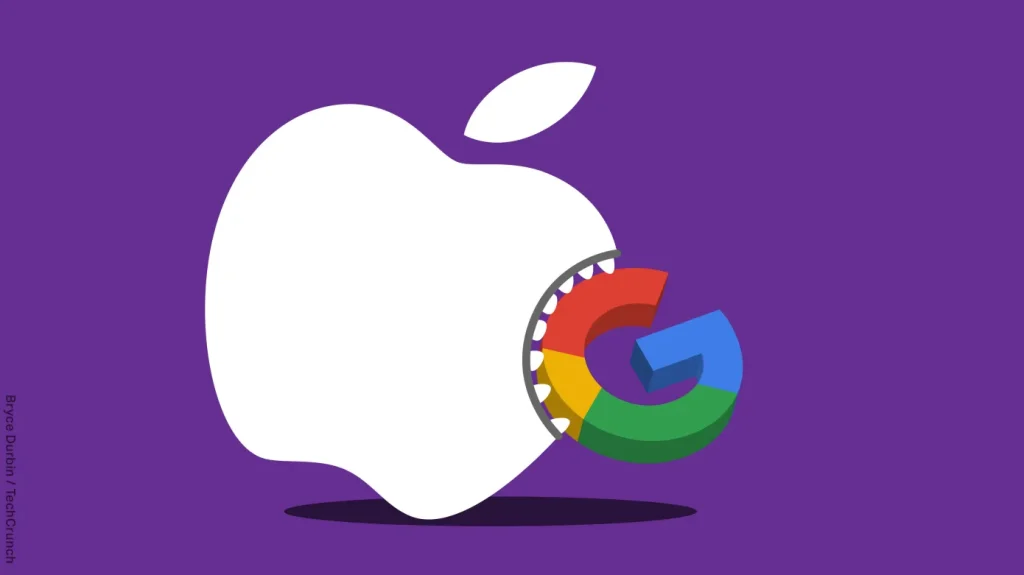In a significant move towards enhancing user privacy, Google has rolled out its ‘Tracking Protection’ feature, aiming to disable internet cookies for around 1 percent of its Chrome users, totaling 30 million people globally. This shift, implemented on January 4, 2024, is part of Google’s broader plan to phase out cookies for all users by the end of 2024.
Cookies, those small pieces of data that track user behavior and preferences while browsing, have long been a staple in online advertising. However, concerns over privacy and browser performance have prompted Google to take this decisive step.
The new Tracking Protection feature automatically blocks third-party cookies, preventing external websites from tracking users’ online activities. This not only safeguards user privacy but also addresses issues like potential access to personal details and the strain on browser performance caused by cookie-related bandwidth consumption.
While the initial rollout affects only a small fraction of Chrome users, the company plans to extend this privacy-focused feature to all users over the next few years. Google acknowledges the importance of advertising revenue but aims to strike a balance between personalized ad experiences and user privacy.
Tracking Protection operates by introducing a novel approach to ad targeting called Ad Topics. This feature leverages users’ recent Chrome browsing history to assign interest “topics” for delivering relevant ads. Unlike traditional third-party cookies, Ad Topics acts locally on the user’s device, ensuring a more privacy-friendly method of characterizing user interests.
This shift in strategy reflects Google’s commitment to evolving advertising practices while prioritizing user privacy. By adopting these changes, Google aims to provide a more secure and streamlined browsing experience for its vast user base, with plans to fully eliminate cookies by the end of 2024.
As online privacy concerns continue to grow, Google’s move to implement Tracking Protection is a significant step in the right direction. Users can now enjoy a more private browsing experience without compromising the personalized ad content that has become integral to the online landscape.



